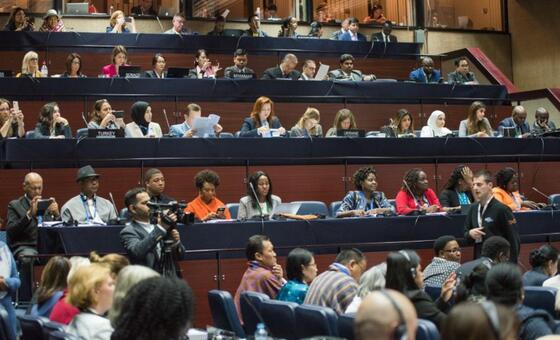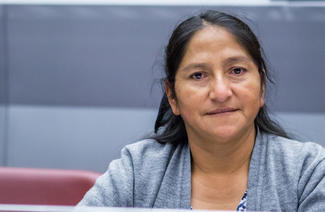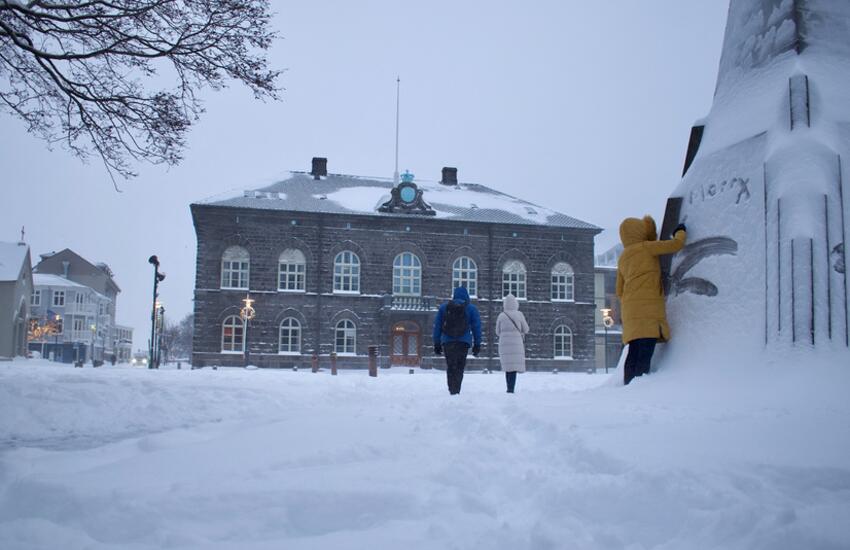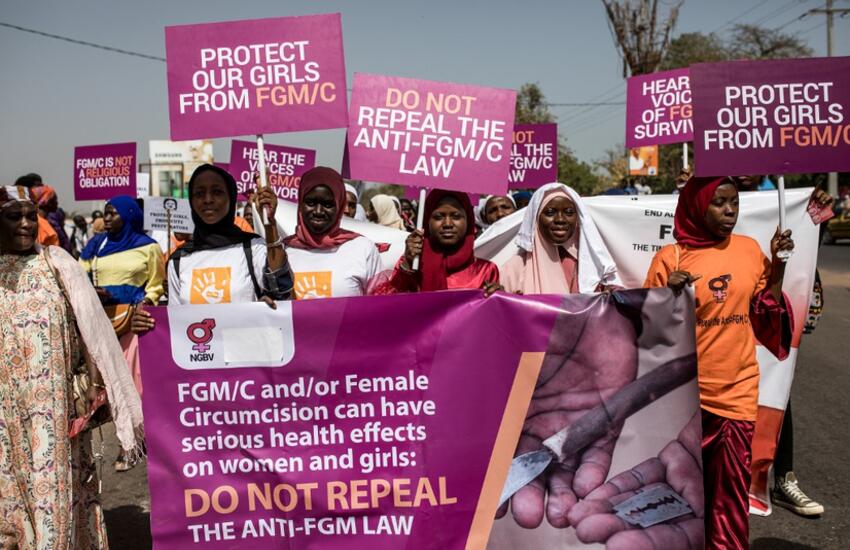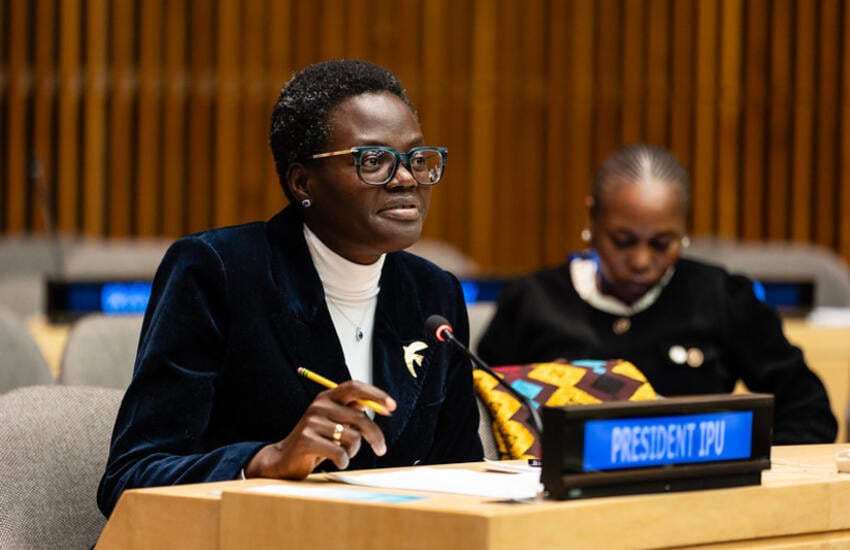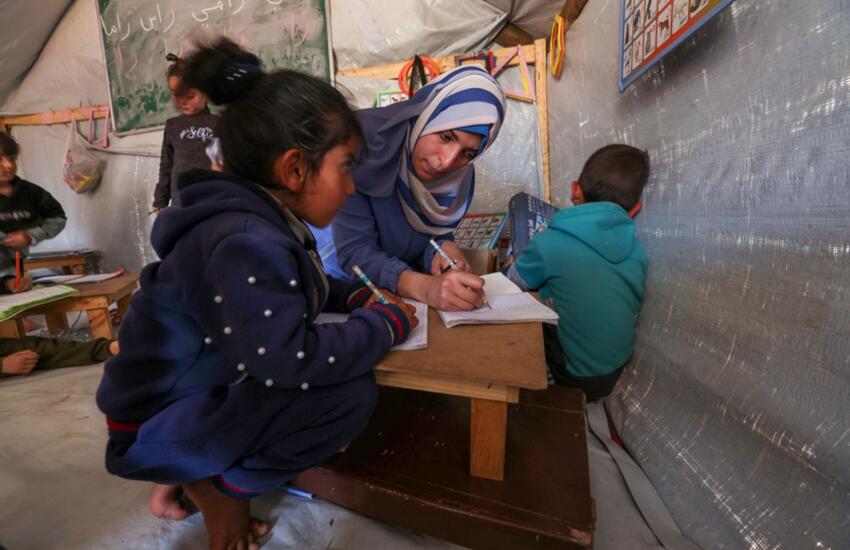Bolivian MP Agripina Ramírez was inspired by childhood injustices to fight for change for indigenous and rural communities. The former teacher has a passion for social and political justice, which she is now also pursuing internationally through the work of IPU.
Agripina Ramírez vividly remembers the Bolivian military breaking into her childhood home in the 1970s to hunt for her father, a militant in the outlawed Communist Party.
She was around seven years old when she first thought something had to be done. “I clearly remember the sense of injustice about my father´s situation. I used to think that one day I would fight against those abuses,” she says. “I guess the revolutionary blood of my father runs in my veins. It was so abusive, so unjust everything they did to him, to us.”
Agripina Ramirez was born in the 1960s into an indigenous quechua community. She is now an MP, still working to achieve change both at home and on the world stage.
When she grew up, Bolivian peasants and indigenous people could not stand for election, despite making up 62 per cent of the population—the highest rate in Latin America. Discrimination was the rule not the exception.
Her father was pursued by the authorities until his death. “He had to flee and work as a gold miner on the other side of the country. A sudden flood in the river where he was working swept him away. We never saw him alive again,” she recalls.
Agripina Ramírez had to leave her rural home to attend a secondary school in far-away Sucre, the capital. Things were not easy. Her background meant discrimination and being relegated in the education system. But she decided to fight and joined the Students Union, where her political activism started.
Later, as a rural elementary teacher, she engaged with the peasant and indigenous movements and joined their campaign for better living conditions for the most disadvantaged. It was a long struggle that saw its culmination in the Bolivian constitution of 2009, which fully guarantees the political and social rights of the aymará, guaraní, quechua and other indigenous communities.
However, she stresses that more needs to be done to truly deliver change for indigenous communities, especially among women. “Our task is huge. We still have to prepare better daily, to work harder than men to obtain the same things,” she says.
Agripina Ramírez returns home at least once a month to listen to her constituents’ concerns. “I go to be with the people, listen to them and bring back their concerns and requests to the National Assembly,” she says. “We have a duty to our constituents, to the most disadvantaged people we represent.”
She has attended IPU Assemblies since 2011, but still has a difficult time believing she is part of the world’s largest gathering of MPs. “I never dreamt of participating in an event like this, where you can grasp the diversity of cultures, ideas, regions, languages,” she said in an interview while attending IPU’s Assembly in Geneva in 2013.
Despite her political vocation, she is not concerned about keeping her seat for many years.
“If the day comes when people don´t vote for me any more, I will go back to my region,” she says. “I would help train new leaders and young people who share the conviction of social and political justice in Bolivia.”

